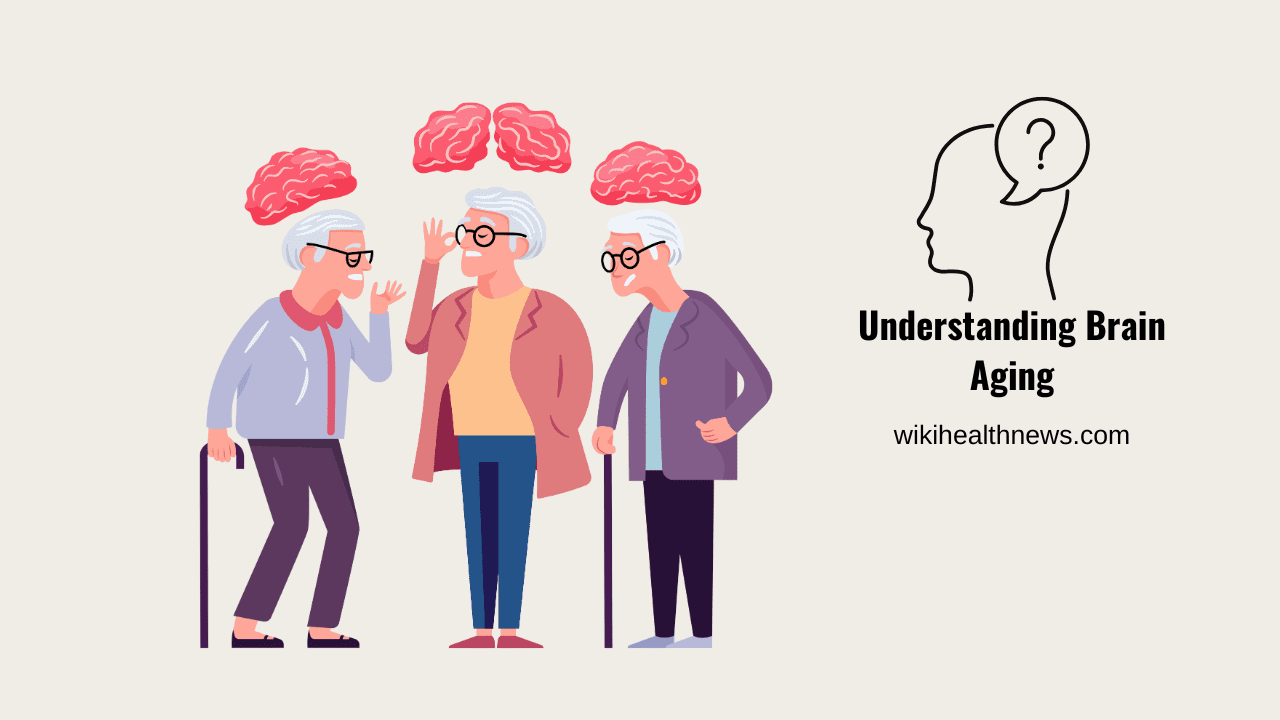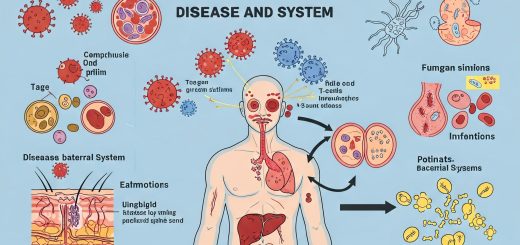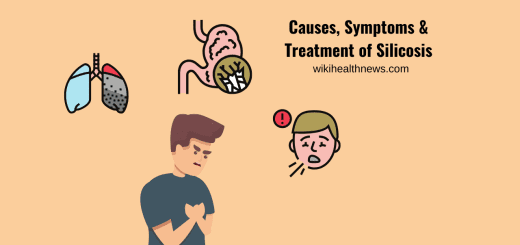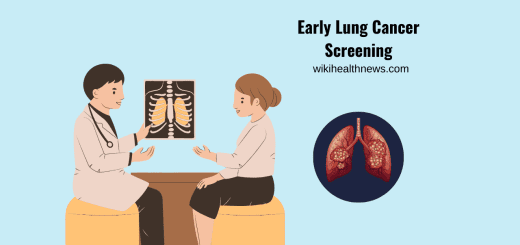Facts About Brain Aging: What You Need to Understand

As we age, our bodies undergo numerous changes, and one of the most complex is the aging of the brain. Understanding brain aging is crucial not only for maintaining cognitive health but also for enhancing our quality of life as we grow older. In this article, we’ll explore the mechanisms behind brain aging, its effects on cognitive function, and actionable steps to promote brain health.
The Science of Brain Aging
Brain aging is a natural process that begins in early adulthood and continues throughout life. It involves various biological and structural changes, including:
- Neuronal Loss: While we continue to produce new neurons, especially in areas like the hippocampus, the overall number of neurons decreases with age. This can affect memory and learning.
- Synaptic Changes: The connections between neurons, known as synapses, may weaken or be lost over time. This synaptic pruning can lead to slower processing speeds and reduced cognitive flexibility.
- Brain Volume Reduction: Studies have shown that certain regions of the brain, such as the prefrontal cortex and hippocampus, shrink with age. This reduction in brain volume is linked to memory decline and other cognitive impairments.
- Cerebral Blood Flow: Aging often results in reduced blood flow to the brain, which can affect its functionality and overall health. Adequate blood flow is crucial for delivering oxygen and nutrients.
- Inflammation: Chronic inflammation can damage brain cells and has been linked to neurodegenerative diseases. As we age, the brain may become more susceptible to inflammatory processes.
Cognitive Changes Associated with Aging
Aging affects cognitive function in various ways. While some decline is expected, it’s important to differentiate between normal aging and conditions like dementia or Alzheimer’s disease.
- Memory Decline: Many older adults experience changes in memory, particularly with episodic memory—the ability to recall specific events. However, procedural memory (skills and tasks) often remains intact.
- Processing Speed: The speed at which information is processed tends to decrease with age. This can make tasks that require quick thinking more challenging.
- Attention and Focus: Maintaining attention can become more difficult, leading to challenges in multitasking and distraction.
- Executive Function: Older adults may find it harder to plan, organize, and make decisions. This decline in executive function can impact daily living and independence.
- Language Skills: While vocabulary often remains stable or even increases, the retrieval of words can become slower, affecting communication.
Factors Influencing Brain Aging
Several factors can influence the rate and extent of brain aging, including:
- Genetics: Genetic predisposition plays a role in how our brains age. Some individuals may be more prone to neurodegenerative diseases due to inherited genes.
- Lifestyle Choices: Diet, exercise, social engagement, and mental stimulation are crucial in maintaining cognitive health. A healthy lifestyle can mitigate some effects of aging.
- Chronic Conditions: Conditions such as hypertension, diabetes, and obesity can negatively impact brain health. Managing these conditions is vital for promoting healthy aging.
- Education and Cognitive Engagement: Higher levels of education and lifelong learning are associated with a lower risk of cognitive decline. Engaging in intellectually stimulating activities can enhance cognitive reserve.
Tips for Promoting Brain Health
While we cannot stop aging, we can take steps to promote brain health and potentially slow cognitive decline:
1. Maintain a Healthy Diet
A diet rich in fruits, vegetables, whole grains, lean proteins, and healthy fats can provide essential nutrients for brain health. The Mediterranean diet, in particular, has been linked to reduced cognitive decline.
2. Stay Physically Active
Regular exercise improves blood flow to the brain, encourages the growth of new neurons, and has been shown to enhance cognitive function. Aim for at least 150 minutes of moderate aerobic activity each week.
3. Engage in Mental Stimulation
Challenge your brain with puzzles, reading, or learning new skills. Engaging in mentally stimulating activities can strengthen neural connections and promote cognitive resilience.
4. Prioritize Social Connections
Social engagement is essential for brain health. Maintain strong relationships and participate in community activities to reduce feelings of isolation and loneliness.
5. Get Quality Sleep
Sleep plays a critical role in brain health. Aim for 7-9 hours of quality sleep per night to support memory consolidation and cognitive function.
6. Manage Stress
Chronic stress can negatively impact brain health. Incorporate stress-reducing practices such as mindfulness, meditation, or yoga into your routine.
7. Limit Alcohol and Avoid Smoking
Excessive alcohol consumption and smoking can accelerate brain aging. Limit alcohol intake and avoid tobacco to protect your cognitive health.
Conclusion
Understanding brain aging is essential for fostering a healthy mind as we age. By recognizing the factors that contribute to cognitive decline and adopting a proactive approach to brain health, we can enhance our quality of life and maintain cognitive function well into our later years. Embrace the journey of aging with knowledge, lifestyle choices, and the support of a vibrant community to ensure your brain remains sharp and resilient. Remember, it’s never too late to start prioritizing your brain health!
Read More











